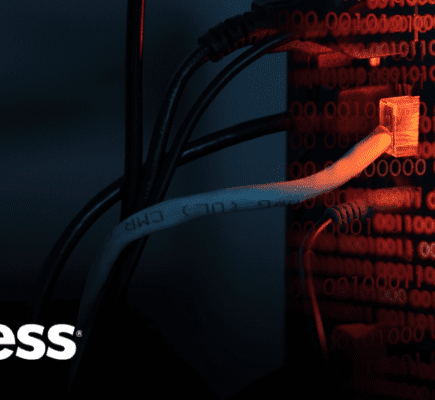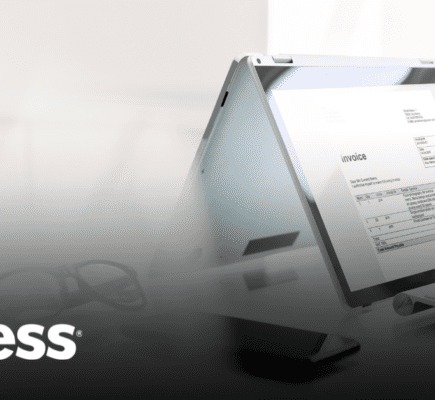
Healthcare providers are expected to meet strict standards regarding patient privacy, especially with the continuous advancement of healthcare technology such as electronic medical records systems (EMR) and electronic health records (EHR). This digital-first revolution within the field presents the ongoing challenge of secure paper records storage, alongside effective electronic records management, all while maintaining compliance with HIPAA (Health Insurance Portability and Accountability Act). Therefore, healthcare organizations must be well-versed in medical records management policies and procedures to uphold compliance, safeguard patient privacy, and mitigate risks such as medical errors, data breaches, and potential fines.
Continue reading to discover how your healthcare organization can streamline medical record management so that your focus can be on your patients instead of managing their documents.
Complexities in Healthcare Records Management
Medical professionals are legally and ethically obligated to safeguard patient information and manage records properly; therefore, implementing an effective records management strategy is critical for any healthcare organization to uphold patient trust, improve employee productivity, and minimize non-compliance risk. Here’s a look at some of the records management challenges that healthcare institutions face today.
Managing Digital & Physical Records
Although today’s healthcare providers have implemented EHRs or EMR systems, they are still required to digitize, index, and centralize paper records systematically, and scanning every record is simply not manageable without outsourcing. In addition, because of the influx of paper and electronic records, many providers lack an understanding of what records exist and where they are stored, making it challenging to ensure retention guidelines are met. Mergers and patient transitions can also further complicate EHR management.
Limiting the Risk of Data Breaches & Achieving Compliance
To reduce the risk of data breaches, it’s vital to restrict access and oversee user permissions, ensuring that healthcare professionals only access patient data pertinent to their roles. In line with HIPAA guidelines, organizations must provide training to all employees who handle health records to minimize the risk of data breaches.
Before HIPAA, there were no standards for securing or storing patient medical records. Today, organizations must adhere to specific security measures while also having the flexibility to design systems that suit their size and requirements. To remain compliant in medical record storage, organizations must:
- Identify and proactively protect against security threats.
- Train all employees in medical records storage security procedures.
- Limit access to facilities where records are stored.
- Implement hardware, software, and procedures to monitor access.
Out-of-Date Legacy Systems
The average healthcare organization employs 11 legacy applications for historical medical records management. However, these systems often lack security and software updates or have been discontinued, resulting in significant maintenance costs. Many organizations don’t have an adequate solution for the records stranded in these systems and often pay per record to store and retrieve this information.
Full-Scale Digitization is Not One-Size-Fits-All
While transitioning to EHRs has eased the ability to share and access patient information, it’s essential to recognize that full-scale digitization may not suit every healthcare environment equally. Here are some factors to consider:
- Digital storage systems can be vulnerable to hacking and cyber-attacks, especially outdated software, threatening patient privacy.
- Over-reliance on digital systems can be problematic during power outages or system failures.
- Implementing a fully digital system can be expensive and complex and requires extensive training, especially for healthcare providers with vast records.

Retention Schedule Revamp: Techniques for Improved Privacy, Compliance, and Efficiency
Designed for professionals in the information management industry, this webinar will delve into the critical process of conducting an annual review of your organization’s retention schedule.
A Comprehensive Solution for Conquering Records Management Challenges
If you’re searching for a solution that ensures compliance, security, and improved patient care, then Access Unify™ is the perfect fit for your healthcare institution.
Access Unify integrates with systems already in use to improve efficiency and compliance by letting healthcare providers know what records they have, where they are stored, and the necessary duration for retaining those records to avoid costly fines and litigation. Here’s a look at what Access Unify™ has to offer your organization:
- Digital delivery of physical and digital medical records in an industry-leading four-hour turnaround time with Active File Service.
- Detailed audit trail of electronic documents and paper records securely stored in one of Access’ 250+ markets.
- Improved document identification, categorization, and management supported by machine learning AI Classification.
- Extract essential keywords from every medical record and deliver relevant indexed data with AI File Indexing.
Access Unify can also significantly reduce the costs of maintaining EHR systems and optimize employee productivity by improving data accessibility and searchability.
Ready to transcend conventional records management methods within your healthcare institution? Discover how Access Unify™ can revolutionize your organization by offering a comprehensive suite of seamlessly integrated digital and physical information management solutions.




